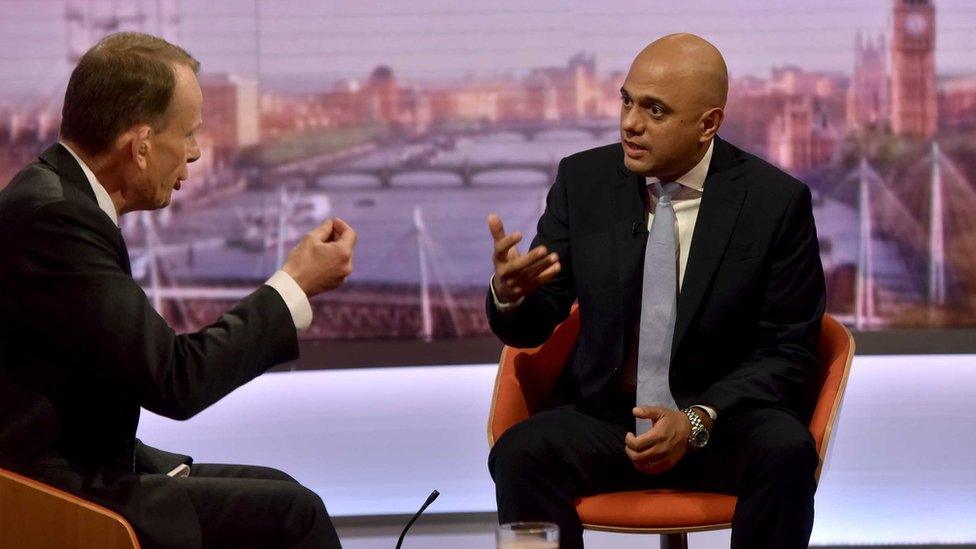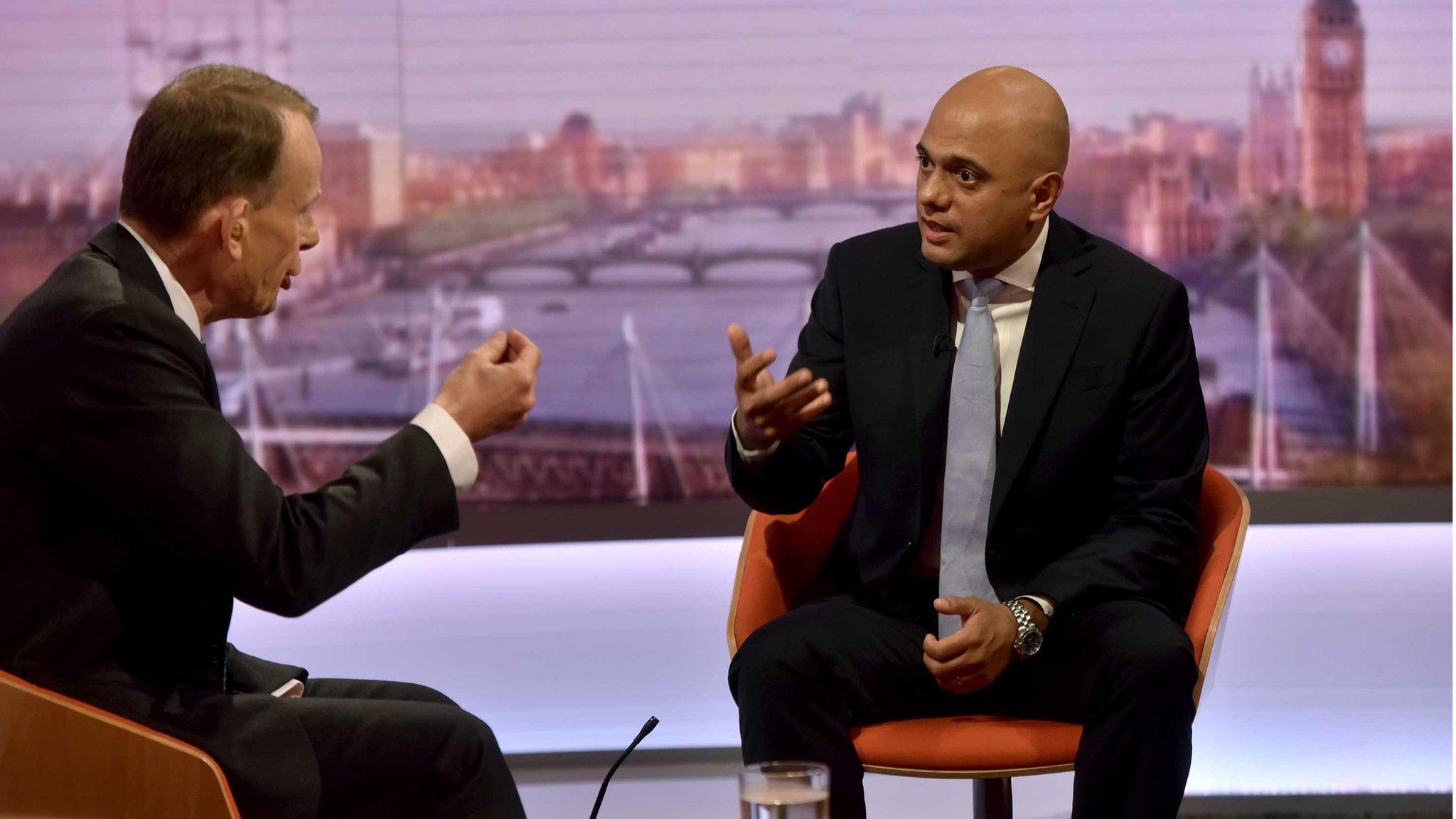Relaxing visa rules for doctors and nurses
- Published

A letter to the prime minister from leading health think tanks is the latest plea for a rethink on visa rules that have affected NHS recruitment from outside the European Union. They argue that the NHS workforce is "facing a crisis" with shortages of key staff.
The chief executives of the King's Fund, the Nuffield Trust and the Health Foundation have come together to make a joint submission to Downing Street ahead of the much-anticipated long-term plan for the NHS promised by Theresa May.
A policy aimed at limiting the number of skilled workers from outside the EU has been criticised by employers. An annual cap of 20,700 has led to thousands of workers, including NHS staff, being denied visas.
The BBC revealed that visas for 100 Indian doctors had been refused. They had been offered short-term contracts as part of a long-running scheme in the north-west of England that provides junior doctors to more than 20 NHS trusts.
Another BBC investigation showed that genetic counsellors, who identify people at risk of hereditary cancer and other serious conditions, were being turned down for visas even though there were workforce shortages.

The Home Secretary, Sajid Javid, has said he will review the visa system for skilled workers, after lobbying by some cabinet ministers. He told the BBC's Andrew Marr programme he was aware of the difficulties with NHS recruitment.
"I see the problem with that. It is something I'm taking a fresh look at," he said.
The think tanks' joint letter says there are "worrying shortages of nurses, GPs and hospital doctors". It adds: "There is no option but to recruit more staff from overseas and to relax controls on visas.
"Nurses and some other health professionals, like radiographers, are on a shortage-occupation list, which means they are given priority in allocation of visas.
"But most doctors are not. And there has been a campaign by health employers to put all medical jobs on the shortage list or to take all NHS jobs temporarily out of the visa system."
The think tank Global Future has produced analysis looking at the extent to which the NHS relies on overseas workers.
It says:
In the NHS in England, which employs about 1.2 million people in total, one in eight of those staff who have a known nationality - 12.5% - are from overseas
NHS staff in clinical roles are much more likely to come from abroad. About a quarter of doctors and 16% of nurses and health visitors are from overseas
Up to 45% of staff in some vital NHS specialties, including cardio-thoracic surgeons, paediatric cardiologists and neurosurgeons, are from outside the UK
Longer term, the lobbyists say, there needs to be a 10-year workforce strategy. And this must be given top priority and go "hand-in-hand" with the new funding settlement. They also call for real-terms funding increases of 4% per year. Anything less, they say, will compromise patient care and delay critical repairs to hospital buildings.
NHS leaders, in what looks like a planned campaign, have united behind the 4% per year figure. They fear that anything closer to 3%, which ministers may want to trumpet as a significant boost to NHS finances, won't allow any improvement to current shortcomings in the system, such as rising waiting lists.
They are up against the Treasury, which has wider issues to deal with in the public finances.
The Institute for Fiscal Studies has noted that making a chunky new investment in the NHS will have to be accommodated in the government's plan to balance the books by the mid-2020s.
"Unless it is able and willing to implement tax rises or further cuts to the social security budget over the rest of this Parliament, it is hard to see how a significant injection of additional cash into the NHS would be consistent with the government's stated fiscal objective," it says.
The uncertainty over the path of the economy and future borrowing requirements, adds the IFS, will make the Treasury even more cautious.
Expectation around the government's long-term NHS funding plan has been growing by the day.
And now added to the calls for higher year-on-year spending are the demands for changes to immigration rules for health workers. That's a lot for Theresa May to think about.
- Published3 June 2018

- Published9 May 2018

- Published27 April 2018
